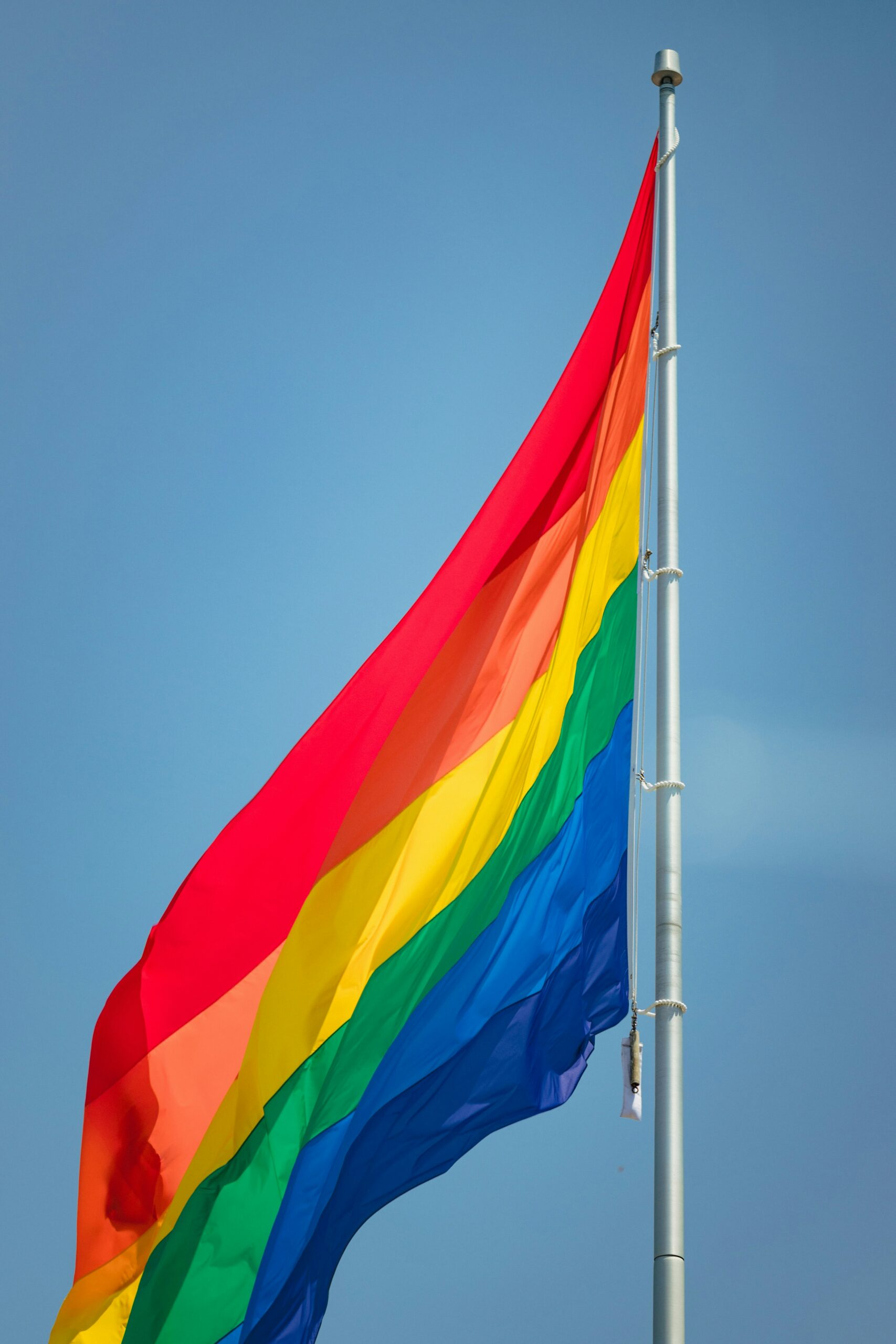June serves as a time for celebration, reflection, and solidarity among LGBTQ+ individuals and their allies. We celebrate Pride Month with events, parades, and activities to promote visibility, acceptance, and advocacy for LGBTQ+ rights. However, for many individuals, Pride Month can also be a challenging time. Some reasons include: 
- Unresolved Trauma and Discrimination: For many LGBTQ+ individuals, Pride Month can bring up painful memories of past experiences with discrimination, bullying, or rejection from family, friends, or society. Seeing others celebrate Pride can be a reminder of the challenges they have faced or continue to face, leading to feelings of sadness, anger, or grief.
- Pressure to Come Out: There may be pressure during Pride Month to publicly come out or disclose one’s identity, even if an individual is not ready or comfortable doing so. This pressure can be overwhelming and lead to anxiety, fear, and stress about how others will react or perceive them.
- Lack of Inclusivity or Representation: Despite the inclusive spirit of Pride, some individuals may feel that certain parts of the LGBTQ+ community are overlooked or marginalized during Pride Month. This can include people of color, non-binary and gender-nonconforming individuals, or those from other underrepresented groups within the LGBTQ+ community. Feeling unseen and/or excluded can contribute to feelings of isolation or disconnection.
- Navigating Family and Social Dynamics: Pride Month can be a time when individuals feel pressure to engage with family members or social circles who may not be accepting or supportive of their identity. Navigating these relationships while also wanting to participate in Pride celebrations can create internal conflict and emotional strain.
While Pride Month is a time of celebration and visibility, it’s also essential to acknowledge and validate the diverse range of emotions and experiences that individuals within the LGBTQ+ community may have during this time. In order to enjoy Pride Month and everything it has to offer, it is also important to take care of your mental health. People in the LGBTQ+ community are at higher risk of mental health concerns, especially anxiety and depression. So here are 5 things you can do to take care of yourself during Pride:
- Take care of your physical health: DBT has a whole skill devoted to this – PLEASE. The PLEASE skill is all about reducing emotional vulnerability by taking care of your body to take care of your brain. To give you a quick breakdown on PLEASE it’s about treating physical illnesses, balanced or mindful eating habits, getting enough sleep, avoiding mood altering substances, and mindful movement or exercise. These may not be the most fun or exciting self-care activities, but they are very helpful in maintaining your mental health. If you struggle with sleep in particular, please check out these blogs for tips and tricks to help improve your sleep!
- Do things that you enjoy: There are so many fun activities to do and enjoy during Pride month so find ones that you want to do! When we do one thing every day that we enjoy and makes us feel happy, we’re building resiliency to negative emotions or experiences. They can be big or small activities, all that matters is that you enjoy them. Random acts of kindness is just one thing that could elicit positive emotions in you and in your community. Check out this blog for more information on it.
- Mindfulness: Mindfulness is when you are aware of the present moment, like your thoughts, feelings, what’s going on around you; but not judging them. Practicing mindfulness everyday for 5 minutes can reduce irritability and emotional vulnerability, increase resilience, and increase control over your mind. If you would like to know more about how to practice mindfulness, check out this blog.
- Advocacy: Standing up for yourself and others in your community can increase your self respect and self-esteem. Advocating for your values and beliefs can help build emotional resiliency and reduce vulnerability in the long term. If you are wanting to know how to do that I would encourage you to check out Cincinnati Pride for Cincinnati LGBTQ+ groups, your local PLAG chapter, or the Trevor Project.
- Get Support: There is no better way, in my opinion, to improve your mental health than to get connected to a therapist. If you are struggling with your mental health or having suicidal ideations, please call the suicide and crisis life line at 988. You can also call the Trevor Project crisis line 24/7 at 1-866-488-7386 or text ‘START’ to 678-678.

These are just some ways to take care of yourself, ultimately you can practice self-care in any way as long as it helps you and is an intentional practice. It’s important to practice self-care during Pride Month and I encourage you to continue after it has ended as well.
Happy Pride!
About the Author
Robyn Williams (she/her), M.A., LPC is a Licensed Professional Counselor who specializes in dialectical behavior therapy. Robyn works with teens and adults in a compassionate judgment-free manner to meet clients where they are in life. Robyn helps her clients develop the tools they need in order to live their life worth living, and find what means most to them. Robyn believes that while therapy can be intimidating at times, it can be a conduit for personal growth. Click here to learn more about Robyn’s experience and therapeutic approach.

